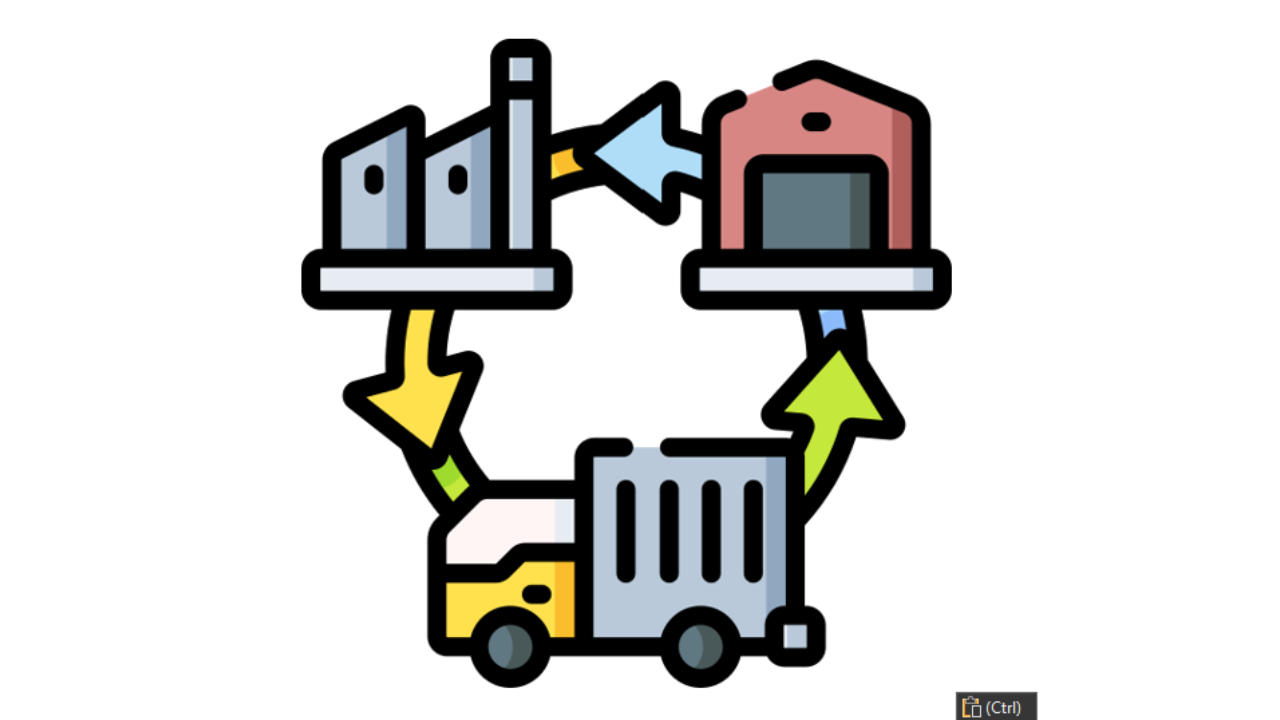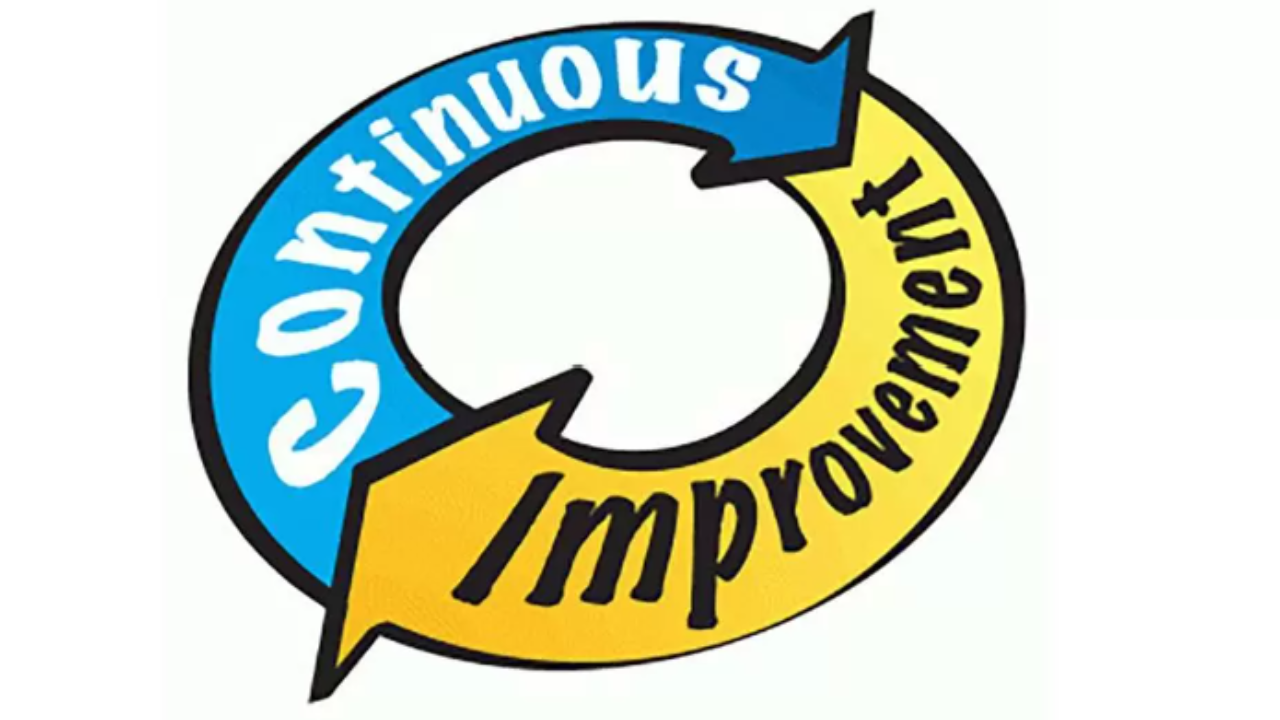ISO/AS Certification in Your Supply Chain

How ISO/AS Certification in Your Supply Chain Mitigates Risks
In manufacturing, the strength of your supply chain can make or break your operations. Suppliers play a critical role in ensuring that materials, components, and services meet quality standards and arrive on time. However, relying on suppliers who lack robust quality management practices can expose your business to significant risks, including production delays, non-conforming materials, and even damage to your reputation.
One of the best ways to minimize these risks is to structure your supply chain around suppliers certified to ISO 9001 or AS9100 standards. Certification provides assurance that a supplier operates with a strong Quality Management System (QMS) designed to meet industry requirements and continuously improve. Here’s how ISO/AS certification in your supply chain mitigates risks and strengthens your operations.
1. Ensures Consistent Quality
ISO 9001 and AS9100 certifications require suppliers to adhere to...
Ensuring a Consistent Supply Chain

Why Supplier Quality Matters: Ensuring a Consistent Supply Chain
In the fast-paced world of manufacturing, supplier quality can make or break your operation. With increasing market demands, customer expectations for quality, and regulatory pressures, it's essential for companies to establish a supply chain that consistently meets the highest standards. One way to do this is by building your supplier network around ISO 9001 and AS9100 certified partners. When your suppliers are certified to these internationally recognized standards, it brings unmatched reliability, consistency, and quality to your supply chain, creating a ripple effect that benefits every aspect of your operations.
Here’s why structuring your supply chain around ISO 9001 and AS9100 certified suppliers is a strategic advantage.
1. Certified Suppliers Meet High Standards for Quality and Consistency
ISO 9001 and AS9100 certifications are more than just badges; they represent a rigorous commitment to quality manageme...
Hiring ISO/AS Certified Vendors is Vital for Manufacturing Companies

Why Hiring ISO/AS Certified Vendors is a Smart Move for Manufacturing Companies
For manufacturing companies, vendor reliability and quality are non-negotiable. Traditionally, many companies conduct their own vendor audits to ensure suppliers meet their standards. But as demands grow and resources are stretched, regular vendor audits can become a costly and time-consuming endeavor. Instead, hiring vendors who are already certified to ISO or AS standards can be a strategic solution that brings quality assurance, efficiency, and peace of mind.
In this blog, we’ll discuss why partnering with ISO/AS certified vendors is a savvy move for manufacturers looking to streamline quality assurance while ensuring robust Quality Management Systems (QMS) in their supply chain.
1. Save Time and Resources on Vendor Audits
Regular vendor audits require dedicated time and personnel, not to mention logistical expenses. Even if a company only audits its high-impact suppliers, these audits still add up...
ISO/AS Certification is More Than Just a Badge...

Why ISO/AS Certification is More Than Just a Badge...It’s a Business Growth Strategy
Many manufacturers view ISO 9001 or AS9100 certification as a necessary step for compliance or entry into specific markets. While that’s true, these certifications are more than just badges of honor—they’re tools for driving operational efficiency, customer trust, and sustainable growth.
At True North Quality, we believe that ISO/AS certifications aren’t just about meeting requirements—they’re strategic investments that position your business for long-term success. In this blog, we’ll explore how these certifications offer benefits far beyond compliance, becoming integral to a robust business growth strategy.
1. Build Credibility and Win Customer Trust
ISO 9001 and AS9100 certifications signal to customers and partners that your business operates according to internationally recognized standards for quality and efficiency.
Customer confidence increases when they know they are working with a manu...
ISO/AS Certification: Your Competitive Edge in a Crowded Marketplace

ISO/AS Certification: Your Competitive Edge in a Crowded Marketplace
In today’s fast-paced and competitive manufacturing landscape, businesses are constantly looking for ways to stand out from the crowd. Customers, particularly in industries like aerospace and defense, are not only looking for quality products—they’re seeking suppliers they can trust, companies that consistently meet industry standards, and partners who prioritize continual improvement. This is where ISO 9001 and AS9100 certifications come into play. More than just a requirement, ISO/AS certification can be the competitive edge your manufacturing company needs to thrive in a crowded marketplace.
At True North Quality, we know that certification isn’t just about meeting the bare minimum requirements. It’s about building a foundation for operational excellence, customer satisfaction, and long-term growth. Here’s why achieving ISO/AS certification gives your business the advantage it needs to succeed.
1. Building Credi...
Why ISO 9001/AS9100 Certification is Essential for Current and Future Clients

Why ISO 9001/AS9100 Certification is Essential for Current and Future Clients
As a manufacturer, pursuing ISO 9001 or AS9100 certification isn’t just about meeting industry standards—it’s about showing your commitment to delivering consistent, high-quality products that meet both current and future clients’ needs. This certification is crucial to building trust, ensuring compliance, and ultimately driving business growth.
Here’s why this certification is important for your clients and how working with a certified registrar can bring them peace of mind, strengthening your position in the marketplace.
Ensuring Client Confidence with ISO 9001/AS9100
1. Assurance of Quality and Consistency
ISO 9001 and AS9100 certification demonstrate that your company follows a structured, internationally recognized framework for quality management. This certification ensures that you consistently meet customer requirements and continually improve your processes. For your current and potential client...
What will ISO 9001 Do for My Company?

What will ISO 9001 Do for My Company? Here’s How True North Quality Can Help You Find the Answer
If you’ve ever asked yourself, "What does ISO 9001 do for my company?", you’re not alone. Many businesses grapple with whether ISO 9001 certification is worth the effort and expense. In a world where competition is fierce and customers are more demanding than ever, achieving ISO 9001 certification isn’t just a checkbox—it’s a strategic tool that can transform your operations, strengthen your reputation, and unlock growth opportunities.
At True North Quality, we’ve seen firsthand how implementing ISO 9001 can take companies to the next level. Let’s break down what ISO 9001 does for your business and why our team is the perfect partner to guide you through the process.
What is ISO 9001?
ISO 9001 is the international standard for Quality Management Systems (QMS). It provides a structured framework to help companies ensure that their products and services consistently meet customer and regu...
How a Quality Manual Supports Continuous Improvement in Manufacturing

How a Quality Manual Supports Continuous Improvement in Manufacturing
In today’s competitive manufacturing environment, the need for continuous improvement (CI) is not just an aspiration; it's a necessity. Whether you're striving to meet ISO 9001, AS9100, or other industry-specific standards, the core of your improvement efforts lies in your Quality Management System (QMS). One of the cornerstones of this system is the Quality Manual—a top-level document that sets the foundation for quality across your organization.
But how exactly does a Quality Manual support continuous improvement? Let’s break it down.
1. Establishing a Structured Framework for Quality
A Quality Manual outlines the high-level structure of your QMS. It defines your organization's quality objectives, policies, and responsibilities. By doing so, it sets a clear direction for continuous improvement efforts.
Through clear definitions of roles, processes, and expectations, the Quality Manual ensures that all team mem...
The Risks of Tribal Knowledge in Manufacturing: Why Documented Procedures Are Critical

The Risks of Tribal Knowledge in Manufacturing: Why Documented Procedures Are Critical
In manufacturing environments, efficiency, precision, and consistency are essential for success. Yet, many companies inadvertently rely on "tribal knowledge"—the unspoken, undocumented know-how held by certain experienced team members. While this informal knowledge can help solve problems quickly, it also poses significant risks that can impact quality, productivity, and the overall success of the business.
Let's explore why tribal knowledge is risky in manufacturing and how having a documented quality management system (QMS) is the critical remedy.
What is Tribal Knowledge?
Tribal knowledge refers to the unwritten, informal expertise that resides within the minds of individual team members. It often includes years of hands-on experience and insights that were never formally documented or shared. While these employees may have invaluable insights, relying on tribal knowledge alone creates serious...





